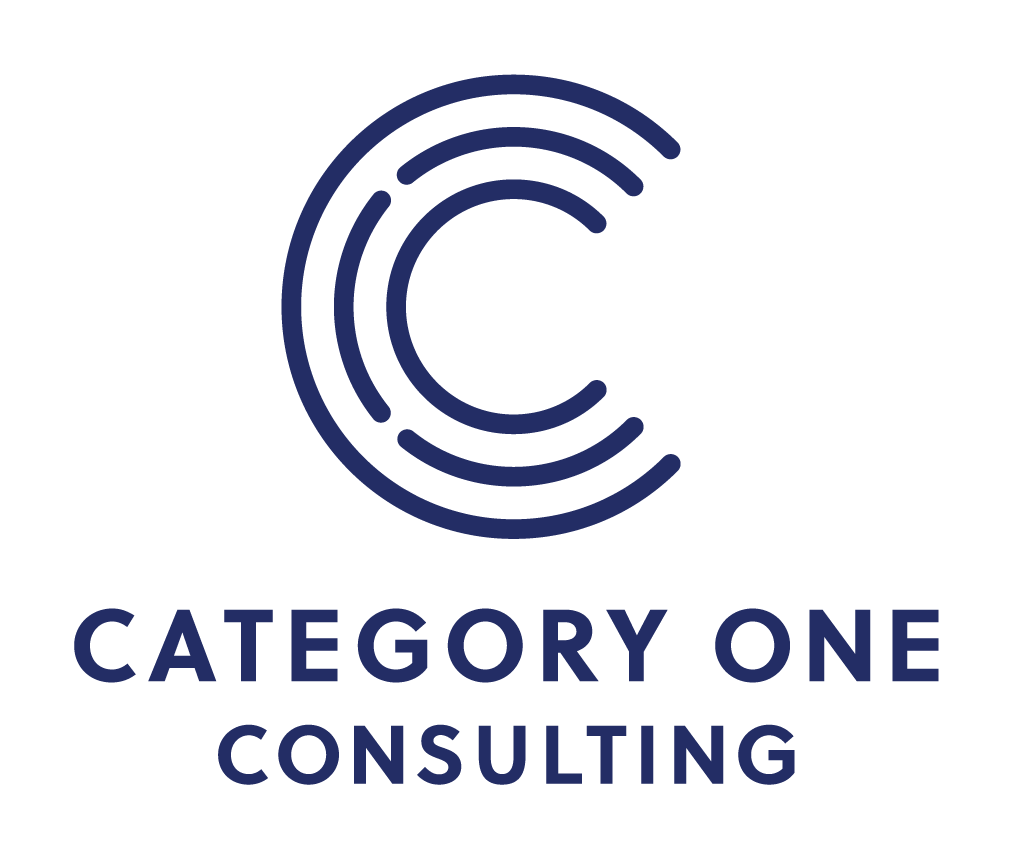Trust Without Micromanagement: Rethinking Accountability in Distributed Teams
Even as some organizations return to in-person work, hybrid and remote teams remain common, and they raise an important question: How can we maintain accountability without slipping into micromanagement? Without the visual cues and informal check-ins of in-person work, leaders must transition from oversight to systems that empower teams to thrive on their own. The shift to distributed teams has unlocked flexibility and access to diverse talent, but it also demands new ways of leading. What used to be solved through hallway chats or office presence now requires intentional structures and cultural clarity. In this environment, accountability must evolve from a reliance on supervision to a shared sense of responsibility. It can feel challenging to navigate this shift in leadership style; here are a few strategies leaders can keep in mind to promote trust and ownership without sacrificing accountability.
Accountability must evolve from a reliance on supervision to a shared sense of responsibility.
Establish clarity around outcomes, not activity. Instead of checking in to monitor progress, leaders should focus on ensuring shared clarity about direction and goals. This might mean starting meetings by asking, “What does success look like this week?”, “Is anything unclear about where we’re heading?”, or “What do you need from me this week?” These types of questions create space for dialogue and ownership, while giving team members opportunities to identify where they may need extra support in order to achieve their goals. They also reduce the tendency to default to micromanagement when visibility is low.
Make progress visible without creating pressure. Using shared dashboards, collaborative documents, or lightweight milestone check-ins helps teams maintain momentum without feeling policed. For example, your team may work off a shared OneDrive document so that everyone can contribute simultaneously, while being able to see progress in real-time. It may also feel encouraging to have specific project tasks identified to work on and complete at the start of each week. Visibility doesn’t mean control, it means enabling course correction before things go off track. When progress is transparent, team members can support one another and adjust expectations collaboratively.
Co-create agreements that support accountability. Developing a team charter or “ways of working” document can reduce misunderstandings and support mutual accountability. These agreements often cover expectations around communication, response times, preferred working hours, and how to handle missed deadlines. This may be particularly useful to project teams that may work for short periods of time with one another. In these circumstances, team members may not have prior knowledge about the working styles of other team members, leaving room for miscommunication and disorganization. By co-creating norms at the start of a project, teams foster psychological safety and minimize ambiguity.
Accountability doesn’t require surveillance. What it needs is clarity. Teams perform best when they understand what success looks like, how their work contributes to the big picture, and what is expected of them. Leaders can foster this alignment by creating structures that encourage autonomy and transparency. When expectations are co-created and regularly revisited, trust becomes part of the workflow, not just an aspiration. When trust is built into the way we work, accountability follows naturally. If you would like help rethinking your accountability practices, feel free to reach out!

